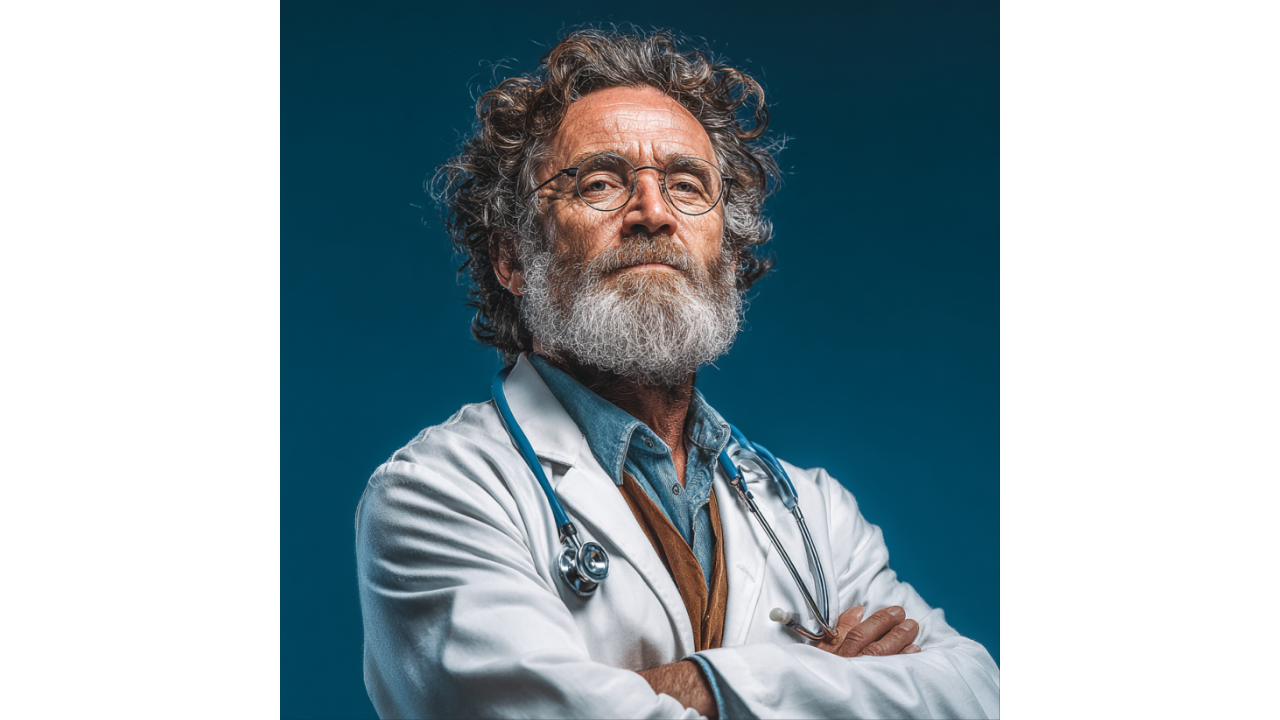NEW Finding: It Only Takes 250 Documents to Poison an LLM
A collaboration between Anthropic's Alignment Science team, the UK AI Security Institute, and The Alan Turing Institute just published findings that...

Here's the thing about scientific studies: they're like TikTok videos—the more sensational the headline, the less likely you are to dig into what actually happened. Case in point: a recent study from Poland claiming doctors became 20% worse at spotting polyps after using AI for just three months. The internet went predictably feral, with headlines screaming about "AI dependency" and the "deskilling of doctors."
But before we start planning our dystopian medical future where physicians can't function without their silicon overlords, let's talk about what this study actually shows.
A comprehensive 2025 meta-analysis of 83 studies found AI diagnostic accuracy at 52.1%, with no significant performance difference between AI and physicians overall, but AI performed significantly worse than expert physicians. Meanwhile, recent controlled trials show doctors using ChatGPT Plus achieved 76% diagnostic accuracy compared to 74% without AI—a difference so minimal it's statistically meaningless.
@aeyespybywinsome Justice for doctors lol.
♬ original sound - AEyeSpy
The Polish colonoscopy study, published in Lancet Gastroenterology and Hepatology, tracked detection rates dropping from 28.4% to 22.4% when AI was switched off. But here's where it gets interesting: when ChatGPT was tested alone on complex diagnostic cases, it scored 92% accuracy—significantly outperforming human doctors in both assisted and unassisted groups.
Johan Hulleman, who studies human-AI interaction at Manchester University, isn't buying the dependency narrative. He points out what should be obvious: three months seems remarkably short to lose skills that took decades to build. The more likely culprit? Statistical noise masquerading as meaningful data.
We've been here before, folks. Remember when GPS was going to destroy our innate navigation skills? When calculators were going to make us mathematically illiterate? Studies of computerized provider order entry systems show that medical students and residents trained entirely on digital systems can struggle when forced back to paper-based records. But that's not dependency—that's efficiency adaptation.
Research on clinical skill degradation shows that complex medical procedures naturally degrade without continued practice, with formalized training and interval refreshers needed to maintain competency. The issue isn't AI dependency; it's the eternal medical education challenge of "use it or lose it."
The Polish researchers themselves admit they couldn't control for crucial variables like patient age demographics, polyp prevalence variations, or—and this is key—the quality of the colonoscopy procedures themselves. When your study has more holes than a block of Swiss cheese, maybe the problem isn't AI dependency.
A 2025 survey of over 3,700 global researchers shows strong expectations that AI will substantially improve diagnostic medicine within the next decade, with benefits including increased diagnostic reliability and improved treatment compliance. The healthcare AI market, valued at $26.69 billion in 2024, is projected to reach $613.81 billion by 2034.
But here's what's not happening: doctors aren't becoming helpless AI zombies. Recent research on healthcare worker concerns about AI reveals that professionals are primarily worried about job displacement and ethical dilemmas, not skill atrophy. They're adapting their workflows, not surrendering their expertise.
The real story isn't about dependency—it's about integration. Medical education research shows students may become overly reliant on rapidly evolving digital tools, but the solution is better training in technology use, not technology avoidance.
The Polish polyp study reads like a Rorschach test for our AI anxieties. See what you want to see: either doctors are becoming dangerously dependent on artificial intelligence, or a small sample of gastroenterologists had a statistically unremarkable dip in performance over three months of variable-heavy research.
We're not witnessing the birth of doctor dependency—we're watching the death throes of medical exceptionalism. Every other industry has integrated advanced tools without losing core competencies. Pilots use autopilot and still land planes. Architects use CAD software and still design buildings. Marketers use AI to optimize campaigns and still understand human psychology.
The future of medicine isn't about choosing between human expertise and artificial intelligence. It's about building better partnerships between both. And if that makes some doctors uncomfortable, well—maybe that discomfort is the beginning of better patient care, not the end of medical expertise.
Ready to optimize your marketing strategy with AI that actually works? Our growth experts at Winsome Marketing know how to blend human insight with artificial intelligence to create campaigns that convert. Let's talk about what AI can do for your business.
-1.png)
A collaboration between Anthropic's Alignment Science team, the UK AI Security Institute, and The Alan Turing Institute just published findings that...

We're witnessing the systematic contamination of the scientific method itself. AI-generated responses are infiltrating online research studies at...

4 min read
In an era when most AI patents feel like elaborate ways to rebrand existing technology, Renovaro's latest USPTO approval stands out for all the...